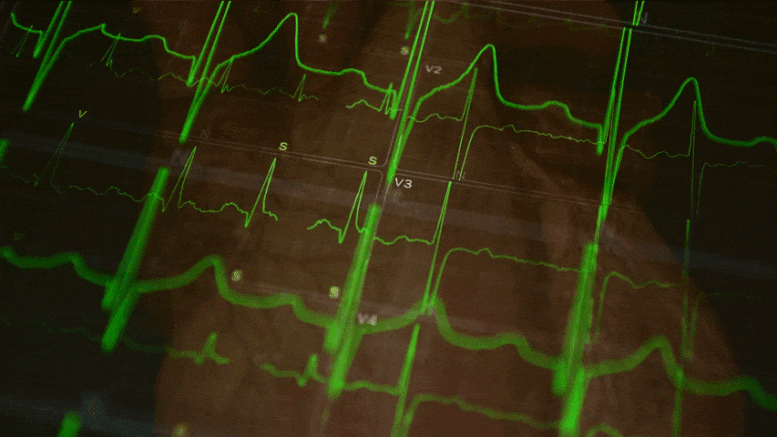Researchers identify a mechanism that could lead to new treatments for brain injuries caused by oxygen deprivation.
In a surprising discovery, researchers at Massachusetts General Hospital (MGH) identified a mechanism that protects the brain from the effects of hypoxia, a potentially lethal deprivation of oxygen. This serendipitous finding, which they report in Nature Communications, could aid in the development of therapies for strokes, as well as brain injury that can result from cardiac arrest, among other conditions.
However, this study began with a very different objective, explains senior author Fumito Ichinose, MD, PhD, an attending physician in the Department of Anesthesia, Critical Care and Pain Medicine at MGH, and principal investigator in the Anesthesia Center for Critical Care Research. One area of focus for Ichinose and his team is developing techniques for inducing suspended animation, that is, putting a human’s vital functions on temporary hold, with the ability to “reawaken” them later. This state of being would be similar to what bears and other animals experience during hibernation. Ichinose believes that the ability to safely induce suspended animation could have valuable medical applications, such as pausing the life processes of a patient with an incurable disease until an effective therapy is found. It could also allow humans to travel long distances in space (which has frequently been depicted in science fiction).










Comments are closed.